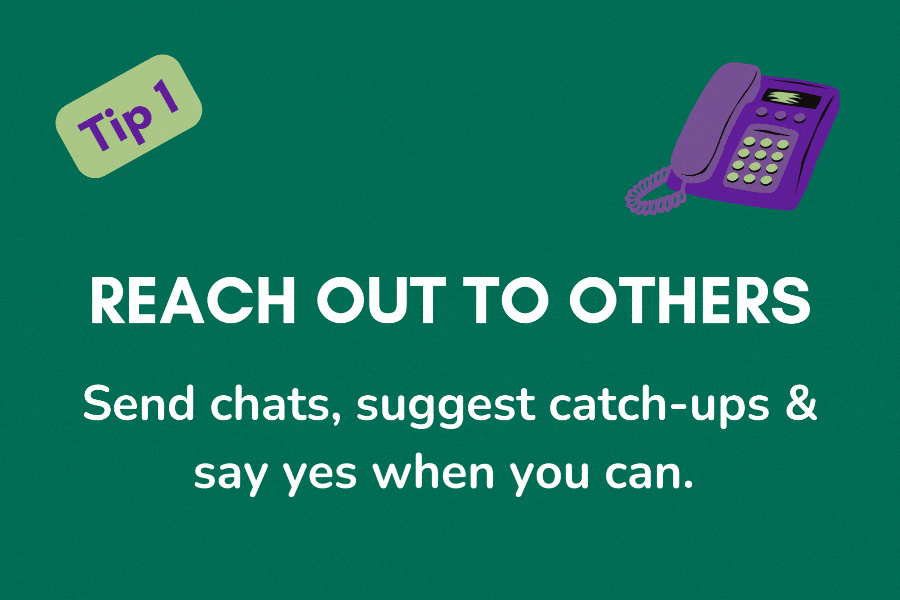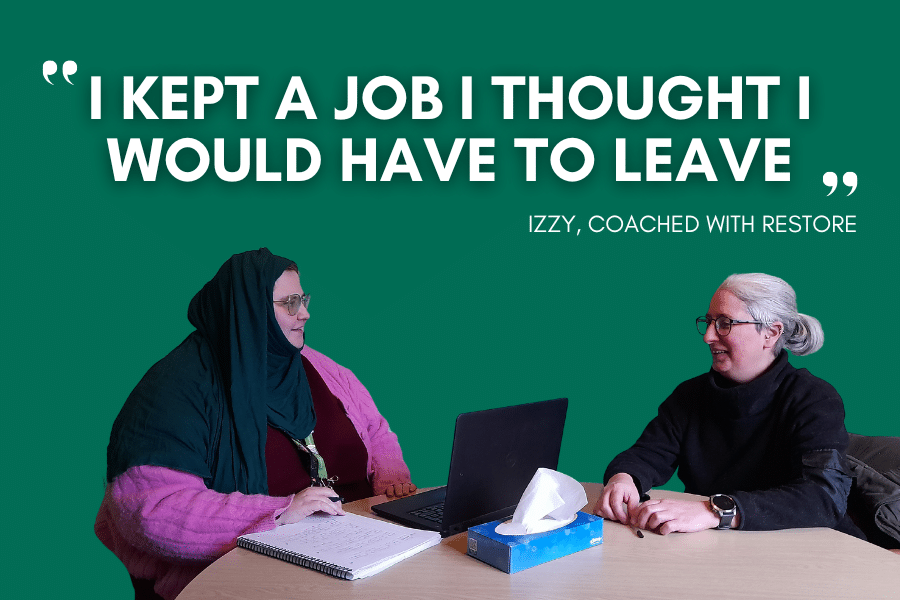World Mental Health Day and World Homeless Day 2020
09/10/2020Mental Health Helpline moving to NHS 111
15/12/2020Julie’s story

Why did you want to become a MHFA instructor?
I have been delivering the MHFA training here for over 7 years and love my job as much today as I did when I started.
After attending the course before applying for the role I knew how important it was to get this training course out to as many people as possible to help reduce the stigma and discrimination that people with mental ill-health experience, this can remain even after recovery.
The fact is we all have mental health as we all have physical health and this can range from good to poor or somewhere between the two.
The course does this by making sure people are well informed about mental health and mental ill-health to diminish a lot of misconceptions that have been around for a long time.
MHFA Training enables participants to spot the signs of mental ill-health, it provides participants with the knowledge and confidence to provide the initial help, as well as where to guide the person to the appropriate professional help, whilst being mindful of your own wellbeing.
What impact do you feel you make as an instructor?
I know that every course we deliver will make a difference to somebody somewhere and truly believe that with the right support recovery is so much easier and quicker.
How you feel the Pebble Project will help promote mental health in the community especially for minorities?
I have realised over the past years the need for this training in all communities where there is even less understanding of mental health or mental ill-health. I have heard from participants from various communities the additional stigma and discrimination there is within their community. This can prevent a person from ever seeking help, and can mean they have little or no support from their family. It also means that they or others around them do not recognise the signs and symptoms when they become unwell, and friends and family do not know what is going on or how to support their loved one. This also means the families can’t speak out or be supported.
We know from the courses we have delivered in various communities the significance difference this training has made.
With 1 in 4 people experiencing mental ill health and up to 1 in 2 within certain minority groups we need to do something about this now.





